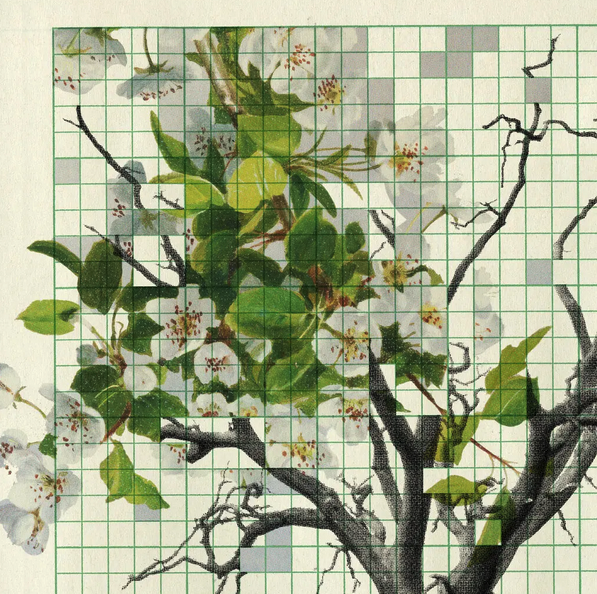
By
Celebrating a new year — as Jews the world over will do this week, when Rosh Hashana begins on Friday at sunset — is all about making changes. It’s a time for new beginnings, for wiping the slate clean and starting over from scratch. In that spirit, on Rosh Hashana Jews say prayers and listen to readings that celebrate the creation of the world and of human life.
But Rosh Hashana also strikes a different, seemingly discordant note. Unlike so many other New Year’s traditions, the Jewish holiday asks those who observe it to contemplate death. The liturgy includes the recitation of a poem, the Unetaneh Tokef, part of which is meant to remind Jews that their lives might not last as long as they’d hope or expect. “Who will live and who will die?” the poem asks. “Who will live out their allotted time and who will depart before their time?”
And we’re not talking about a gentle death at the end of a reasonably long life; we’re talking about misfortunes and tragedies that can cut any of our lives short. “Who shall perish by water and who by fire,” the poem continues, “Who by sword and who by wild beast / Who by famine and who by thirst / Who by earthquake and who by plague?”
This focus on death might seem misplaced, bringing gloom to the party. But as a research scientist who studies the psychological effects of spiritual practices, I believe there is a good reason for it: Contemplating death helps people make decisions about their future that bring them more happiness. This is an insight about human nature that the rites of Rosh Hashana capture especially well, but it’s one that people of any faith (or no faith at all) can benefit from.
When planning for the future, people typically focus on things that they think will make them happy. But there’s a problem: Most people don’t usually know what will truly make them happy — at least not until they are older. Across the globe, research shows, people’s happiness tends to follow a U-shaped pattern through life: Happiness starts decreasing in one’s 20s, hits its nadir around age 50 and then slowly rises through one’s 70s and 80s, until and unless significant health issues set in.
Why the turnaround at 50? That’s when people typically start to feel their mortality. Bones and joints begin to creak. Skin starts to sag. And visits to the doctor become more frequent and pressing. Death, hopefully, is still a good ways off, but it’s visible on the horizon.
You might think this morbid prospect would further decrease contentment, but it ends up having the opposite effect. Why? Because it forces us to focus on the things in life that actually bring us more happiness. Research by the Stanford psychologist Laura Carstensen has shown that as we age, we move from caring most about our careers, status and material possessions to caring most about connecting with those we love, finding meaning in life and performing service to others.
That’s a wise move. When people in the Western world want to be happier, research shows, they tend to focus on individual pursuits. But that same research confirms that this strategy doesn’t work well: Pursuing happiness through social connection and service to others is a more reliable route.
Of course, you don’t have to be old to confront death. During the SARS outbreak and the Covid pandemic, younger adults changed what they valued, research showed. When death suddenly seemed possible for anyone, even those in the prime of their lives, younger people’s opinions about how best to live suddenly began to look like those of seniors: They turned toward family and friends, finding purpose in social connection and helping others.
You don’t even need to face something as drastic as a pandemic to experience some version of these changes. Research shows that simply asking people to imagine that they have less time left, as congregants do on Rosh Hashana, is sufficient.
Rosh Hashana hardly has a monopoly on this insight. Christian thinkers such as Thomas à Kempis and St. Ignatius of Loyola urged people to contemplate death before making important choices. Stoics like Marcus Aurelius argued that meditating on mortality helped people find more joy in daily life.
But the particular brilliance of Rosh Hashana is that it combines thoughts of death with a new year’s focus on a fresh start. As work by the behavioral scientist Katy Milkman and her colleagues has shown, temporal landmarks like New Year’s Day offer an effective opportunity for a psychological reset. They allow us to separate ourselves from past failures and imperfections — a break that not only prods us to consider new directions in life but also helps us make any changes more effectively.
There is a lesson and an opportunity here for everyone. Contemplate death next Jan. 1 (or whenever you celebrate the start of a new year). Any brief moments of unease will be well worth the payoff.
Complete Article ↪HERE↩!
